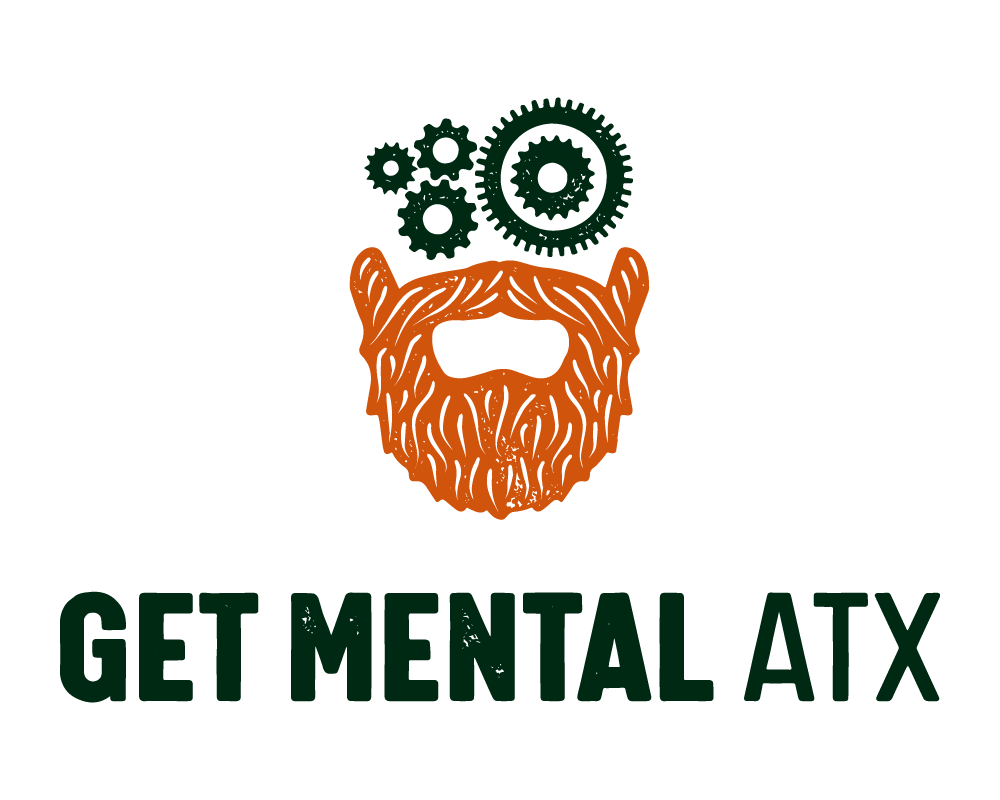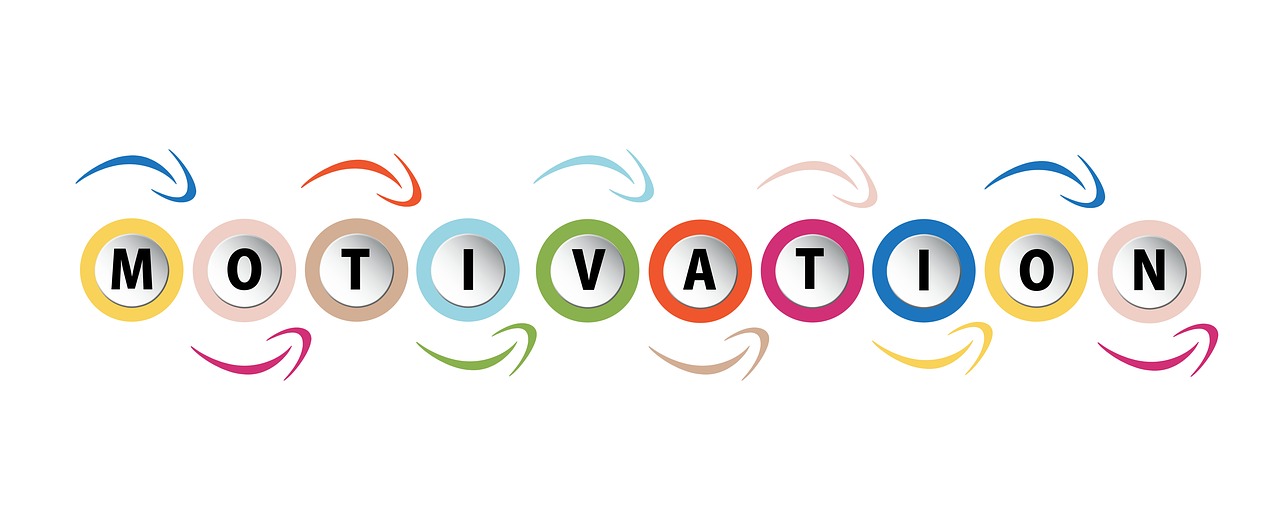PIXABAY/CC0
I wonder what really inspires you to do something. We often think of motivation in a binary sense, only one of two options - it's either the "carrot" or the "stick." But in reality things can be so much more nuanced and meaningful. What gets you up in the morning? What makes you keep at something longer than you feel like doing it? What is it that really makes this motivation thing work?
How motivation works
In some basic and primal way, our motivations stem from some kind of desire or need. Maybe it's not so obvious what is truly driving your motivation, but something is - way deep down. This isn't meant to make motivation seem bad or selfish - but it is to recognize the interconnected nature of how we act in the world and how the world responds. I want a cup of coffee and so I am motivated to go make a fresh pot. I need to sleep, so I am motivated to stop the binge-watching so I can rest.
For some people the motivation to perform well at their jobs is simply for the sake of being praised by their peers or boss. They enjoy the feeling of appreciation and strive to relive that experience through productive employment. For some people the drive to do well at work is just to make it to payday. This kind of motivation trades off the job itself for the external benefit it can provide. People don't just work to get money, they want that money to spend and use on things; perhaps rent or smartphones or a latte. The motivation here is not the accolades of being a good and productive worker, but it is after the thing that you ultimately are striving for and your job is just a means to an end.
Can motivation be changed?
Motivation can indeed be changed, but it takes some self awareness in order to make the change meaningful and lasting. If you don't really know what you want or what drives you, it will be almost impossible to generate motivation to do something you don't really want to do. But like above, the people who think of the rewards that they will get, or the ultimate goal they seek, those people can generate motivation even around unpleasant or boring tasks.
It's all about perspective
The way we see the world determines the motivation we can muster for specific things. If all I see is doom and gloom, then it becomes harder to generate motivation to do something unpleasant or neutral. If all I see is sunshine and rainbows, it may be easier to tolerate unpleasant jobs, but it doesn't fix everything. The key is to connect what we want/need with what we have to do. Sometimes these things line up, like with a job. I want/need the money on payday, so I can generate some kind of motivation to work. But other times we need to build in our own rewards. When I was in grad school I had to write a lot of papers, I mean like two or three papers every week. But I didn't always want to do that - I couldn't always think of the end goal and get motivated. So I hacked my reward system. I decided that I would give myself a small sweet treat for every page I knocked out in my work. In my situation it was some small peanut-butter candies. I would allow myself to enjoy exactly and only four pieces of this tasty treat every page I wrote. this kind of thing helped me to connect my "wants" with my "have to dos" and helped me keep the motivation going.
Sometimes in life we get stuck, we have trouble finding motivation for things we once found enjoyable. If you are struggling with your motivation and would like some help, please reach out. 512-931-4801









